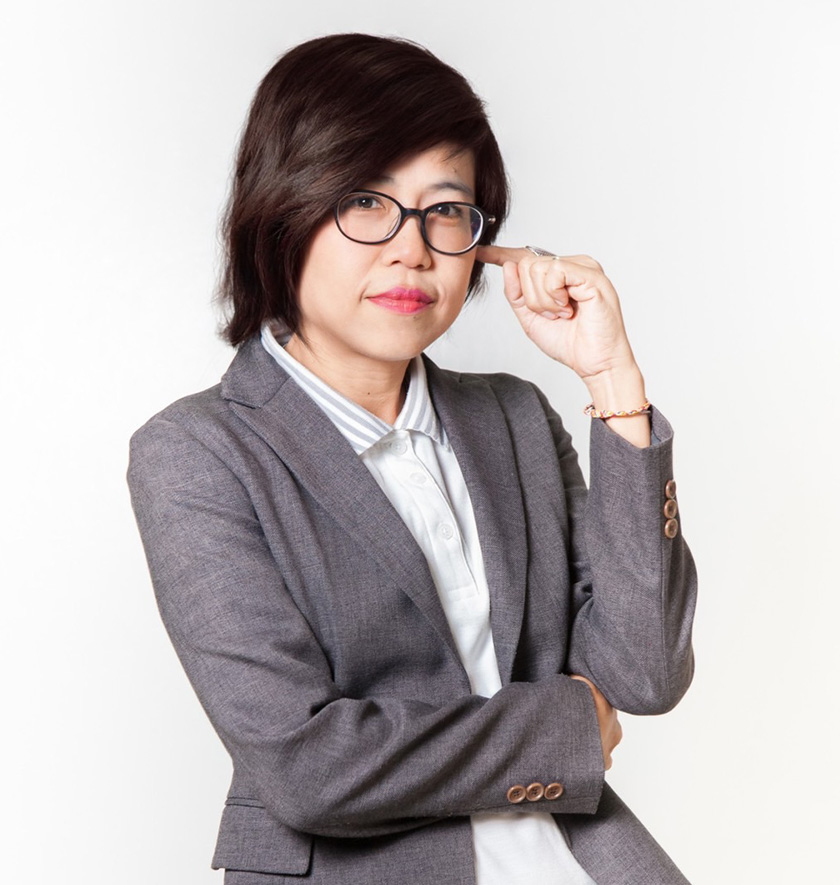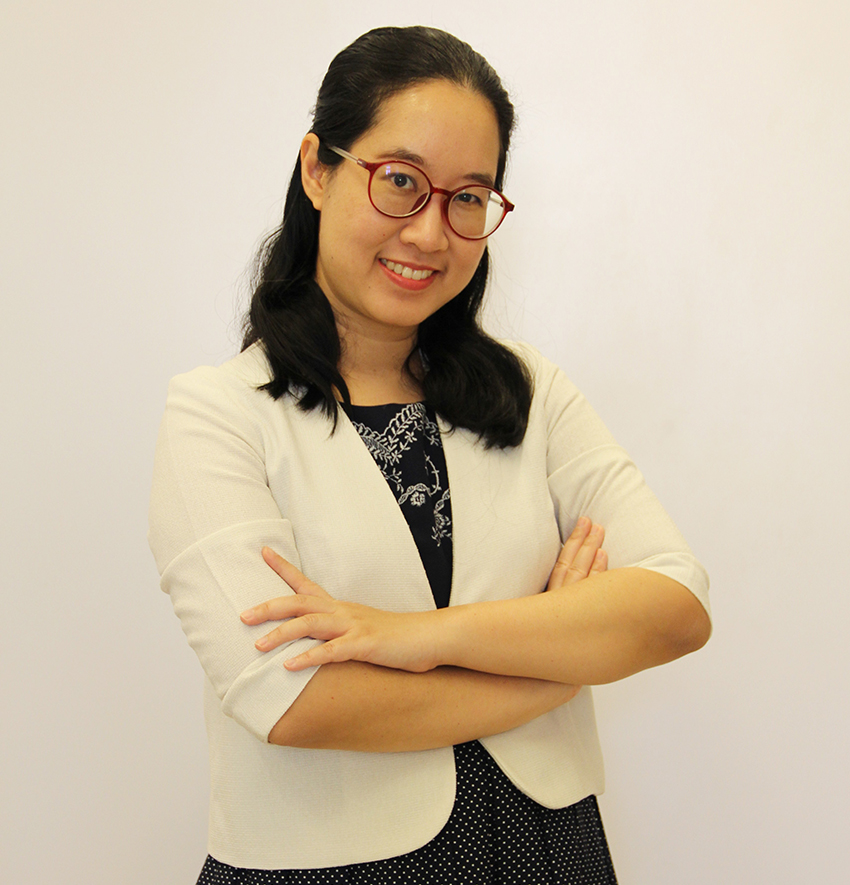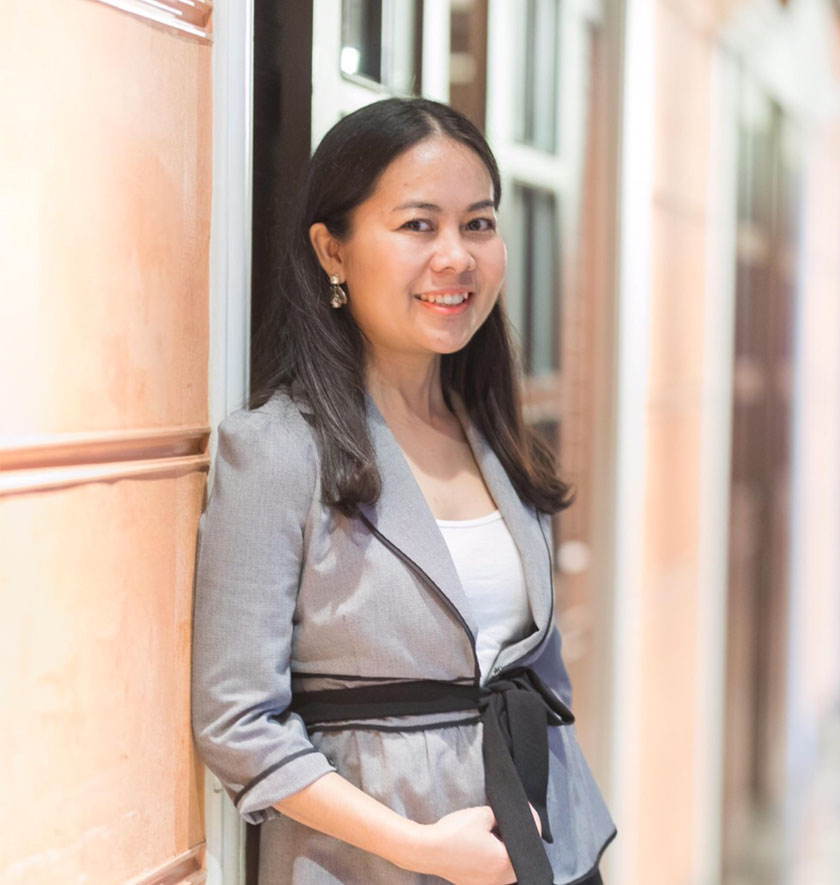Master of Arts Program in Management of Cultural Heritage and Creative Industries (MCI)
MCI
M.A. (Management of Cultural Heritage and Creative Industries) (Teaching in Thai)
The cultural and creative industries play a crucial role in shaping societies, driving economic growth, and fostering innovation and social cohesion. With the rapid global change nowadays, the MCI program is designed to deal with the use of innovation processes, creativity, and technology for effectively managing cultural assets and creative industries and enhancing soft power on the global stage.


PROGRAM CONTEXT
The MCI program, a 2-year multi-disciplinary program, concentrates on two key sectors: cultural heritage and creative industries. The program provides students with cutting-edge planning and management tools, an innovative and creative approach, and skills that will enable them to be ready for the changing economic, social, cultural, and digital environment. The program is currently offered at the Thammasat University Tha Prachan campus.

CURRICULUM STRUCTURE
Courses | Thesis Plan | IS Plan |
|---|---|---|
Core Courses | 24 Credits | 24 Credits |
Elective Courses | – | 6 Credits |
Thesis | 12 Credits | – |
Independent Study (IS) | – | 6 Credits |
TOTAL | 36 Credits | 36 Credits |

MCI COURSES
Core Courses | Elective Courses |
|---|---|
Managing Innovation, Creativity and Technology | Community Studies and Local Cultural Heritage Management with Sustainability |
Research Methodology | Media Convergence in Cross-cultural Contexts |
Innovative Marketing and Brand Management | Gender in Culture and Creative Industries |
Cultural and Creative Entrepreneurship | Cultural Heritage and Creative Industries in Global Contexts |
Integrated Creative Industries Management | Selected Topics in Creative Industries |
Integrated Creative Cultural Heritage Management | Selected Topics in Cultural Heritage Management |
Digitization and Policy in Cultural Heritage and Creative Industries Seminar | |
Innovation for Cultural Management and Creative Industries with Sustainability | |

CAREER HORIZON
Our graduates are prepared to pursue careers in diverse organizational settings, such as:
Management Level in various cultural learning centers such as museums, art galleries, cultural centers, archives, art and cultural offices, etc.
Executive marketing and public relations
Executive and producer of media, television and film
Manager of theaters and cultural performance areas
Fundraiser for arts and culture projects
Researcher in management of cultural heritage and creative industries
Cultural management policy and planning analyst
Organizer of arts and culture exhibition projects
Creative industry entrepreneur

PROGRAM EXPENSES
Cost for the MCI program is approximately 220,000 Baht per person for Thais. Please note that this does not cover expenses for study tours abroad or exchange programs.
* Exchange rate: Approximately 36 Baht/ USD
Course introduction
Individual identity is built through aspects of culture such as language, clothing, traditions and art. As for the social dimension, it is the shared similarities that connect people and allow them to coexist in peace. In accepting one another’s differences, the cultural dimensions of policy and administration, both tangible and intangible, become possible.
Looking at management in terms of culture is an integrated process involving both science and art and it is the aim of the stakeholders to realize the value of culture in all respects.
The Master of Arts Program in Management of Cultural Heritage and Creative Industries is therefore designed as a multidisciplinary program. The objective is to provide students with three key areas of knowledge, namely management, culture, and research. These areas are necessary for cultural managers at both the policy and executive levels. This is in accordance with international cultural operations such as the United Nations Educational, Scientific and Cultural Organization or UNESCO, which promotes cultural creativity based on standardized learning and intellectual cooperation. UNESCO’s mission is to bring about societal change that recognizes justice, freedom, and human dignity. This is also in line with regional organizations such as ASEAN, with the main objective of promoting political, economic, social and cultural cooperation between member countries.
On the national front, Thailand’s Cultural Master Plan aims to preserve and protect the Thai identity in this milieu of cultural diversity and globalization. This includes investing in cultural capital to support sustainable development. For this reason, the management of cultural heritage and creative industries is necessary at the regional and national level. Qualified personnel are essential in supporting cultural growth and expansion. This represents one factor in the development of human capital to achieve long-term sustainability.
Objectives
Upon successful completion of the master’s degree program, students should possess the following attributes:
● Knowledge, ability, and multidisciplinary skills to apply in the management of cultural heritage and creative industries.
● The vision to lead a cultural organization to success
● An awareness of the duties and responsibilities to society including professional morality and ethics
Program Structure
Required subjects
● Management of Innovation Creativity and Technology
● Research Methodology
● Innovative Marketing and Brand Management
● Management of Cultural Heritage and Creative Industries
● Social and Cultural Entrepreneurship
● Integrated Creative Industry Management
● Seminar on Law and Ethics in Cultural Heritage and Creative Industries
● Cultural Heritage and Creative Industries in an International Context
Electives
● Community Education and Community Cultural Heritage Management
● Media Fusion in a Cross-Cultural Context
● Gender in Cultural Heritage and Creative Industries
● Innovation for Cultural Events
● Specific topics in the management of cultural heritage
● Topics specific to creative industries
Independent research (For plan B students)
Thesis (for students of Plan A, Type A2)
Possible future career paths
Successful graduates will be able to pursue the following professions related to the management of cultural heritage and creative industries:
● Administrator in various cultural learning centers such as museums, art galleries, cultural centers, archives, art and cultural offices, etc.
● Executive Marketing and Public Relations in Cultural Organizations
● Executive and Producer of Media, Television and Film
● Company executives for organizing special events
● Manager of theaters and cultural performance areas
● Fundraiser for Arts and Culture Projects
● Owner of organizations involved in the design of various types of cultural media and publications.
● Academic personnel in cultural management with expertise in cultural learning sites such as museums, art galleries, cultural centers, archives, arts and culture offices, etc.
● Researcher in management of cultural heritage and creative industries
● Cultural Management Policy and Planning Analyst
● Organizer of arts and culture exhibition projects
● Arts and culture activities planner
● Professional officer or executive in cultural tourism organizations
Admission / selection of students
Requirements for admission are in accordance with the rules and regulations for study at the higher level of education at Thammasat University. For more admissions information, see the section on “Applying for Study.”
●Written exam (only for those who have not completed a bachelor’s degree in Management of Cultural Heritage and Creative Industries at Thammasat University)
●English proficiency test: Applicants will be required to submit an English Language Proficiency Test (TU-GET) result conducted by the Language Institute of Thammasat University, a TOEFL score or an IELTS score. The test must have been taken not more than 2 years prior to the application date.
● Interview
● Other conditions in accordance with the rules and regulations for admission to the program.
Tuition
The estimated cost over the period of 2 years is 184,920 baht per person. Student fees are 3,000 baht per credit and other fees of the College of Innovation. This does not include the expenses of studying abroad.
course information
English full name: Master of Arts Program in Management of Cultural Heritage and Creative Industries
Initials: M.A. (Management of Cultural Heritage and Creative Industries)
COLLEGE OF INNOVATION, THAMMASAT UNIVERSITY 1st and 4th floor 2 PRACHAN ROAD, PHRA BAROM MAHA RATCHAWANG PHRA NAKHON, BANGKOK 10200,
@bmcitu










